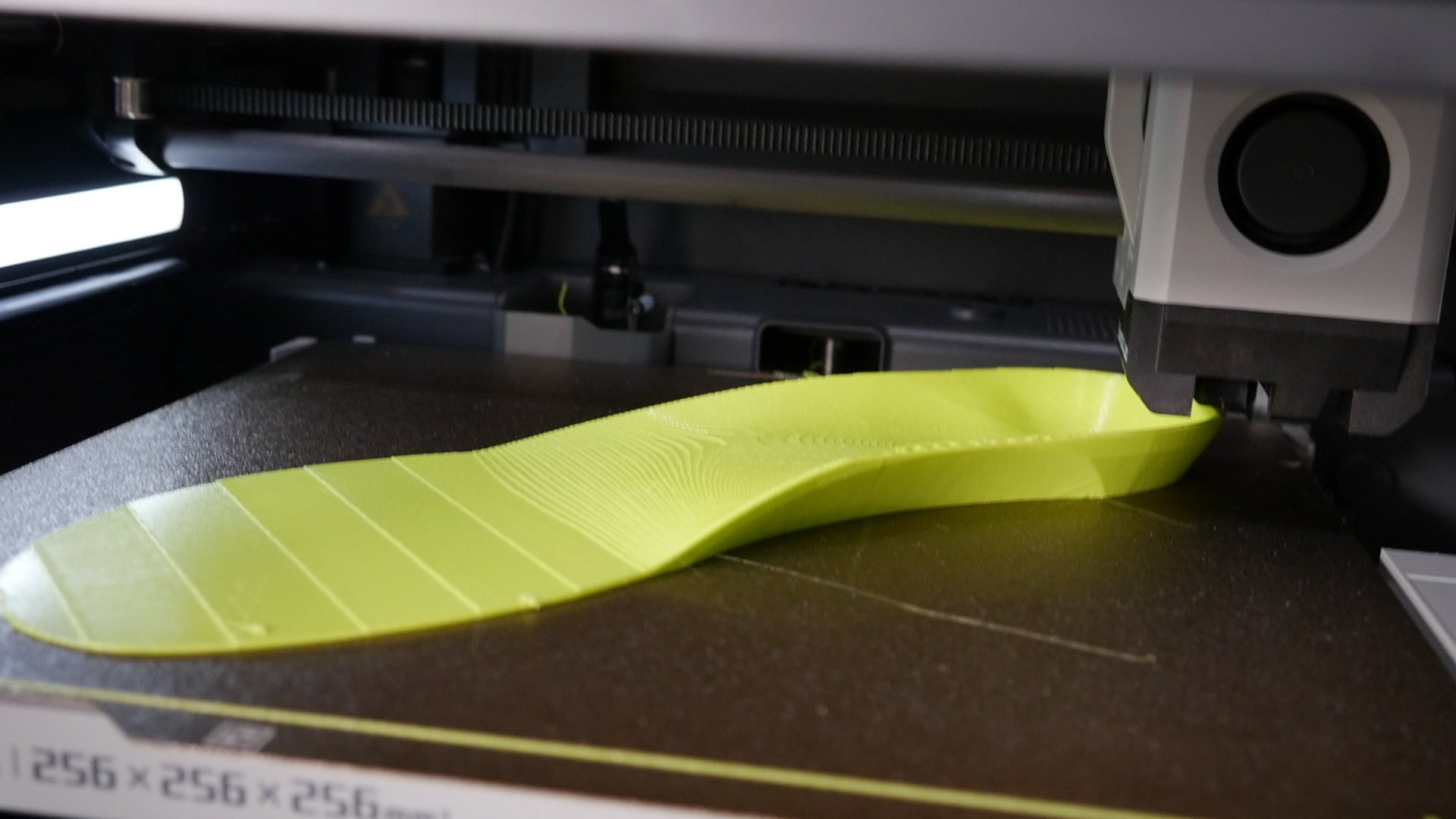Heel Pain Center
Why does my heel hurt? Why am I having pain with first steps in the morning? Why does it hurt on the back of my heel? Why does my child's heel hurt? We can help answer these questions and try to provide solutions.
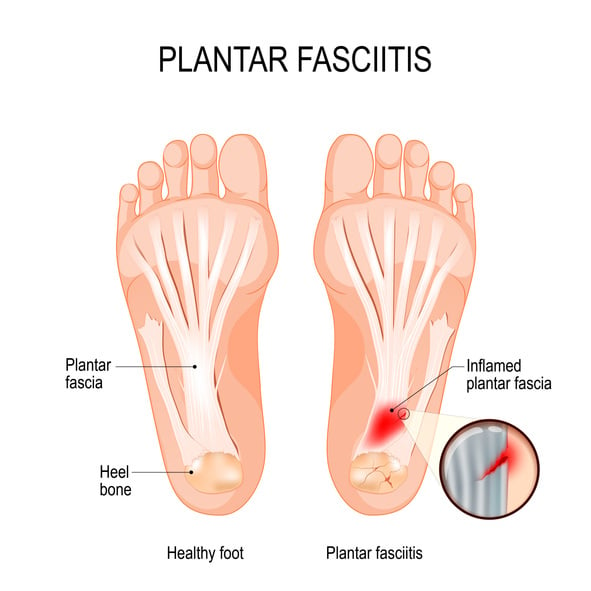
Plantar Fasciitis
A stabbing pain in the bottom of the heel when getting out of bed in the morning or after a period of rest. Or being unable to stand for more than a few hours without experiencing intense pain in the bottom of the heel. If this sounds like you what your are experiencing CLICK HERE to see your options.
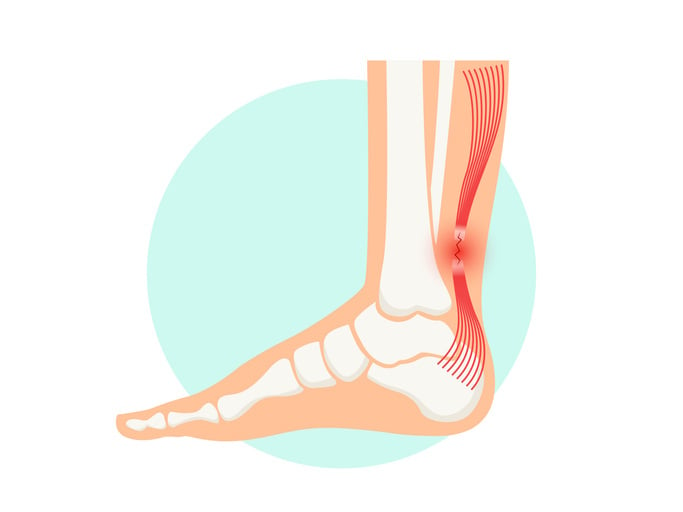
Achilles Tendonitis
Discomfort at the point where the Achilles Tendon attaches to the heel bone or occasionally higher up on the tendon. This may be accompanied by swelling and significant tenderness during activities. If you want to learn more about Achilles Tendonitis? CLICK HERE
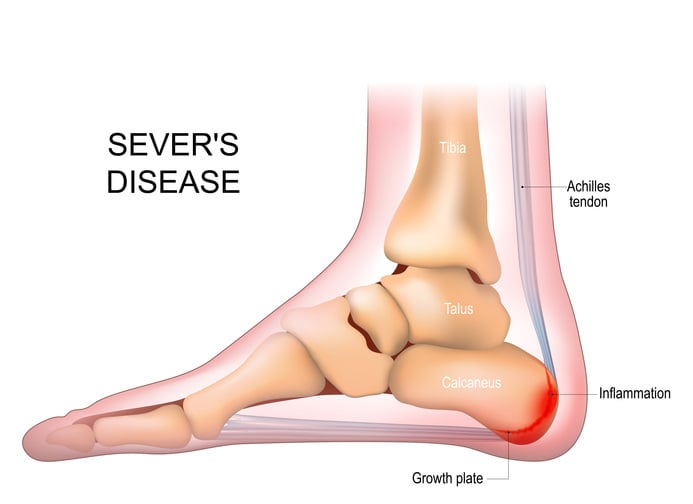
Sever's Disease
Between the ages of 10 and 14, a condition known as Sever's Disease or calcaneal apophysitis is frequently seen in children who participate in sports. This is particularly true for activities that involve jumping, running, or any sport that heavily engages the feet. If your child is experiencing heel pain CLICK HERE to learn more.
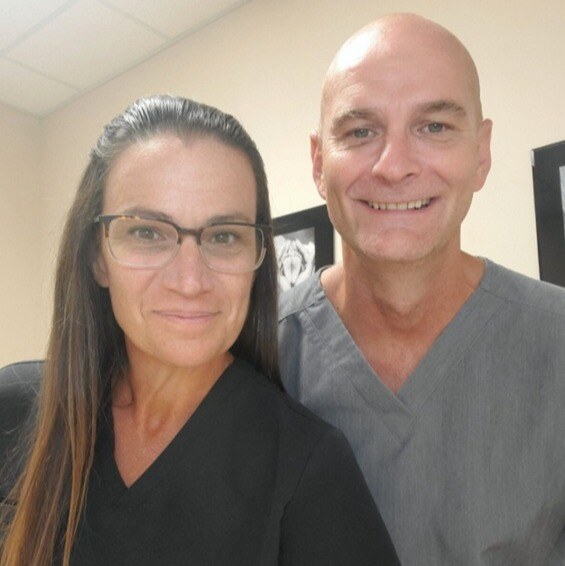
Specialists In Heel Pain Treatment
Meet our expert team of heel pain specialists, Podiatrists, Dr. Michele McGowan and Dr. Timothy Henne. With years of experience and success treating even the most stubborn cases of heel pain, our center has become a trusted place for those who have struggled with long-standing discomfort. We’ve helped many patients who haven’t found success elsewhere.
Take the First Step Toward Heel Pain Relief
 "Living with heel pain doesn’t have to be your reality. At The Center for Ankle and Foot Care, we’re committed to helping you achieve long-lasting relief. Our comprehensive treatment protocols are designed to address even the most persistent heel pain.
"Living with heel pain doesn’t have to be your reality. At The Center for Ankle and Foot Care, we’re committed to helping you achieve long-lasting relief. Our comprehensive treatment protocols are designed to address even the most persistent heel pain.
Don’t wait—schedule your appointment today and start your journey toward pain-free living!"
Comprehensive Heel Pain Treatment Protocols
We’ve developed an evidence-based approach to treating heel pain that focuses on addressing the root cause of your discomfort. Whether you’re dealing with plantar fasciitis or other heel or arch conditions, our specialized protocols are tailored to your specific needs. We even offer unique care plans for athletes, arthritis sufferers, expectant mothers, and children.
We believe in offering second opinions, and even third or fourth, if needed. Not every heel pain diagnosis is as straightforward as plantar fasciitis—chronic heel pain can often be caused by multiple factors. Our specialists work with you to get to the bottom of what’s causing your pain and develop a plan that works.
Our Approach To Heel Pain Relief
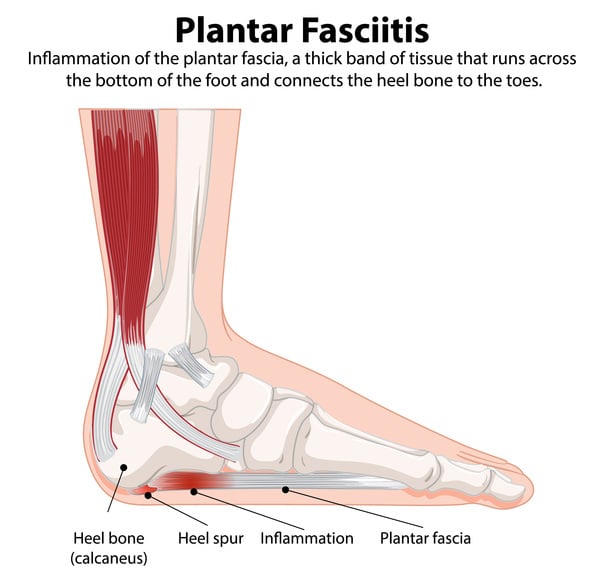
At The Center for Ankle and Foot Care, we utilize the latest research and our extensive experience to develop personalized treatment plans for each patient. Even if you’ve seen multiple providers without success, we offer a fresh perspective focused on conservative treatments before considering surgery.
Our three-step approach to treating heel pain includes:
1. Identifying the Cause of Your Pain
We take the time to thoroughly evaluate all the factors contributing to your heel pain, including your foot structure, gait, and daily activities. From this assessment, we develop a plan that not only addresses your current pain but also helps prevent future issues.
2. Reducing Strain on the Plantar Fascia
Tension on the plantar fascia is a common cause of heel pain. To alleviate this, we offer top-of-the-line orthotics, custom-made to fit your arch and reduce strain on the affected area.
3. Reducing Inflammation and Healing Damage
Through a combination of physical therapy, anti-inflammatory treatments, and advanced techniques, we work to reduce inflammation and reverse degenerative changes in your foot. We may also recommend heel cups, over-the-counter arch supports, or custom orthotics to further support your recovery.
%20(1)-1.png)
Center For Ankle & Foot Care Laser Center
Revolutionizing Foot & Ankle Care with Cutting-Edge Laser Technology
We are in a new era of medicine—one where healing can happen faster, without surgery or medications for many patients. Class IV Laser Therapy is a game-changer, helping our patients—from weekend warriors to professional athletes—stay active, recover quicker, and reduce pain without invasive procedures.
At The Center for Ankle and Foot Care, we are committed to bringing the latest advancements in technology to keep you healthy, mobile, and pain-free. Our Laser Center offers non-surgical treatment options for a wide range of foot, ankle, and nail conditions, helping you get back to the activities you love.
🔗 Click here to explore our Laser Center and discover how our advanced therapies can make a difference in your recovery and performance. Not everyone's foot and ankle problem can be solved with this technology but it helps in many scenarios.
"Regenerative medicine has been a passion of mine. Modalities like PRP (Platelet-Rich Plasma) and Class IV Laser Therapy allow us to offer our patients non-surgical solutions that enhance healing, reduce pain, and keep them moving." – Dr. Michele McGowan Podiatrist at The Center for Ankle and Foot Care
Take the first step toward pain relief and recovery today!
Custom Orthotics: A Key To Long-Lasting Relief
Studies have shown that custom orthotics can be a game-changer for those dealing with plantar fasciitis and other heel and arch problems. Our specialists will guide you in selecting the best orthotics for your condition, whether custom-made or prefabricated, without unnecessary expense.
At The Center for Ankle and Foot Care, we use advanced 3D scanning technology to ensure a precise fit for your custom orthotics. This process allows us to create orthotics that perfectly match your foot’s biomechanics, providing lasting support and relief from heel pain.
Platelet-Rich Plasma (PRP) Therapy: With Our Podiatrists at The Center for Ankle & Foot Care
The advantages of PRP therapy are numerous and compelling
- Non-Surgical: PRP therapy is a minimally invasive treatment option that avoids the risks and downtime associated with surgery.
- Natural Healing: By utilizing the body's own healing mechanisms, PRP therapy harnesses the power of nature to promote tissue repair and regeneration.
- Personalized Treatment: Since PRP is derived from the patient's own blood, there is minimal risk of rejection or adverse reactions, making it a safe and personalized treatment option.
- Faster Recovery: PRP therapy can expedite the healing process, allowing patients to return to their normal activities more quickly and with improved outcomes.
- Not everyone needs this treatment but it is great to have this option if you have failed all other treatment options. Its is a great option instead of surgery!
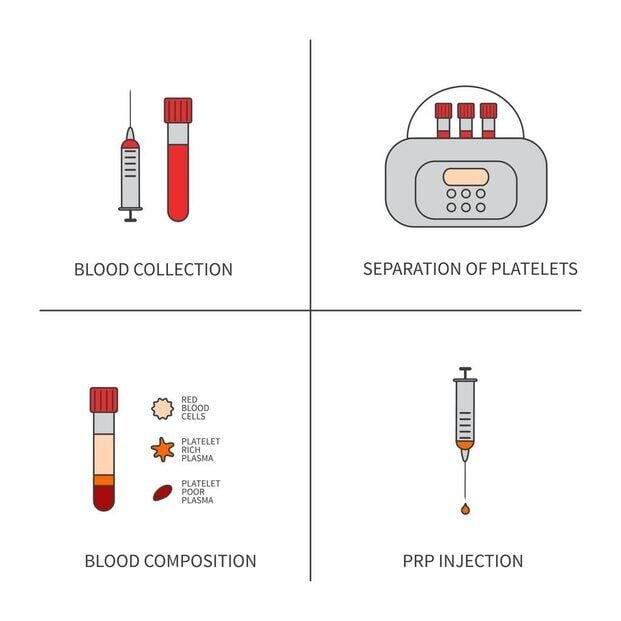

Need A Second Opinion? We're Here To Help
If you’ve tried other treatments without success, we’re happy to provide a thorough second opinion. We’ll review your medical history, evaluate previous treatments, and perform a detailed assessment to ensure nothing has been overlooked. Be sure to bring along any imaging, notes from other specialists, orthotics, or shoes you’ve been using for a complete evaluation.
%20(1).jpg?width=250&height=150&name=Untitled%20(250%20x%20150%20px)%20(1).jpg)



